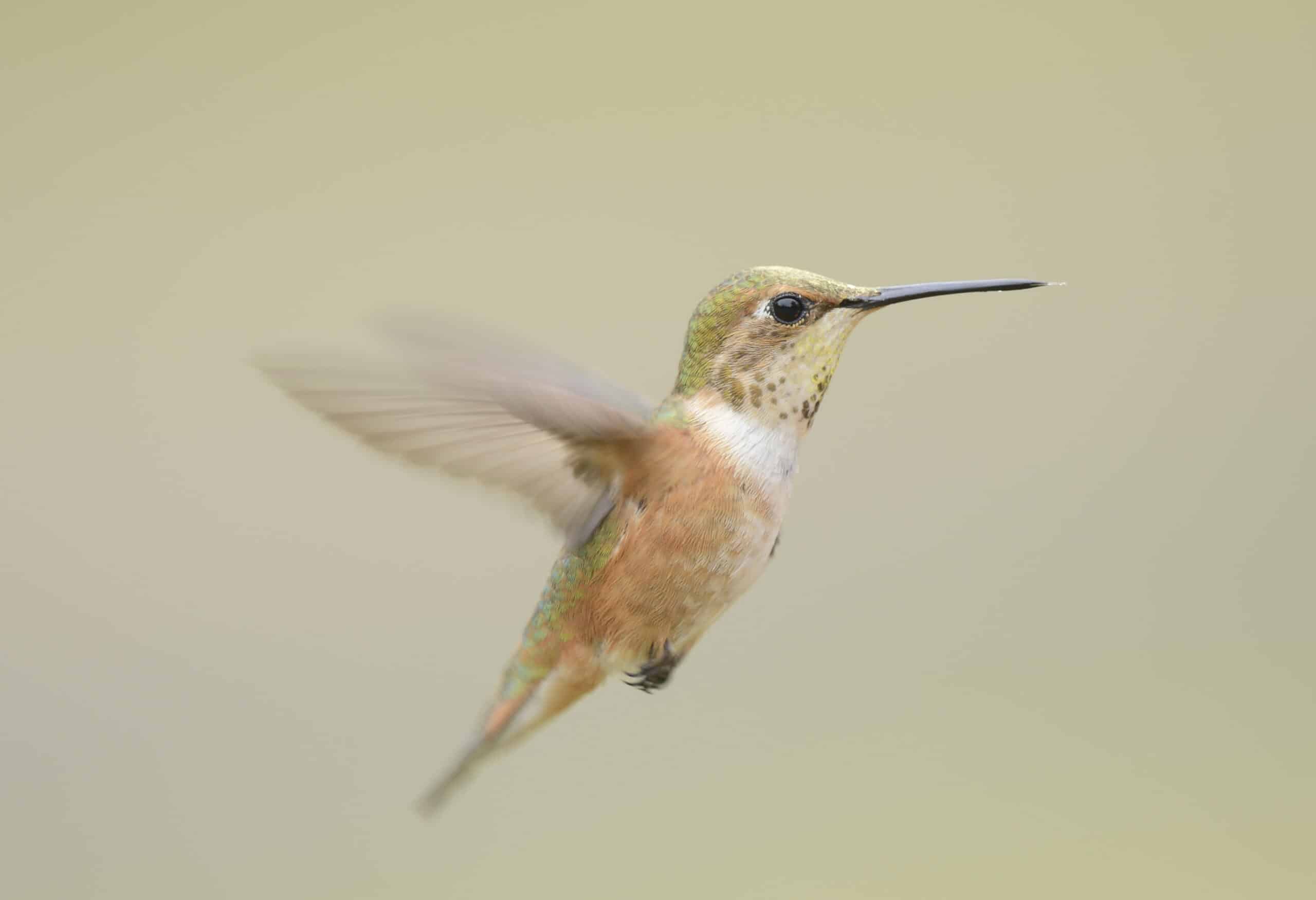Future Leaders in Conservation Series: “On the Road to Resilience” engagement session
Are you a student or early in your conservation career? Join Road to Recovery’s first engagement session in our Future Leaders in Conservation series: “On the Road to Resilience”. This two-hour virtual engagement session will be held Tuesday, September 24th 1-3pm Eastern time and will be offered in both Spanish and English.
“On the Road to Resilience” will focus on ecological grief and identifying strategies for resilient conservation careers. We hope to build a community of peers and identify how conservation organizations can support students and early career professionals. Longer term goals include developing a formal community, establishing mentorship networks, and hosting in-person engagement.
Register for this session via Zoom here. The first 100 participants will be sent an additional zoom link for the small group discussion.
Agenda
- Welcome
- Presentation by Madison Cooper and Stephanie Olsen
- Presentation by Sergio Gómez Villaverde and Karen Odriozola
- Q&A
- Main session concludes, and the first 100 participants join their breakout session
- Reflection time with prompts
- Small group discussion
- Follow-up survey
Presenters
Madison Cooper (she/her) holds an MSc in Health Promotion and Socio-behavioural Sciences from the University of Alberta and a BA in Environmental Studies from Laurentian University. Her research has examined the mental health impacts of climate change on children and youth. Specifically, she has been curious about the manifestations of ecological grief in the post-secondary classroom, and most recently, how peer-support spaces can help youth process climate emotions, build community, and meaningfully engage in climate activism. Madison has facilitated these types of peer-support spaces and feeling-focused conversations with climate activist organizations in Alberta and Ontario. Madison lives on the traditional lands of the Atikameksheng Anishnawbek, Wahnapitae First Nation, and the Sagamok Anishnawbek, lands that fall within the Robinson Huron Treaty of 1850 (Sudbury, ON).
Stephanie Olsen (she/her) is a Masters student in the School of Public Health at the University of Alberta. Under the supervision of Dr. Sherilee Harper and Dr. Ashlee Cunsolso, Stephanie’s research investigates the mental health impacts of climate change in Alberta, and how collective spaces for honouring ecological grief and other difficult climate emotions support wellbeing and capacity for sustained climate action. Stephanie is also a facilitator with Refugia, an Alberta organization that provides workshops and retreats on ecological grief, eco-anxiety, and the emotional impacts of living during times of planetary crisis. Stephanie is grateful to live, love, work and play in amiskwaciwâskahikan, Treaty 6 territory (Edmonton, AB).
Sergio Gómez Villaverde is a biologist and graduate from the Universidad Autónoma Metropolitana, Xochimilco unit in Mexico City. He has dedicated his work to the study and conservation of birds in South, Central and North America, participating in various research and conservation projects throughout of the region. He is director of the OATL-Tlaxiaco Bird Observatory and a member of the NGO Chicatana; he is a certified trainer by the NABC. He currently works on different projects focused on habitat restoration, research and environmental education for the benefit of migratory birds, as well as environmental education and participatory action research projects with indigenous and non-indigenous communities in southern Mexico.
Karen Odriozola has a Doctorate in Social Anthropology from CIESAS-Chiapas and a Masters in Gender and Culture from the University of Chile. She is a Biologist from the Metropolitan Autonomous University, Xochimilco unit. She is president of the NGO Chicatana and member of the OATL-Tlaxiaco Bird Observatory. Her professional work has focused on various topics ranging from the environmental to the social, with emphasis on community work, environmental education, ecosystem conservation and the study of culture with a gender perspective. She considers herself an ecofeminist and decolonial feminist.

